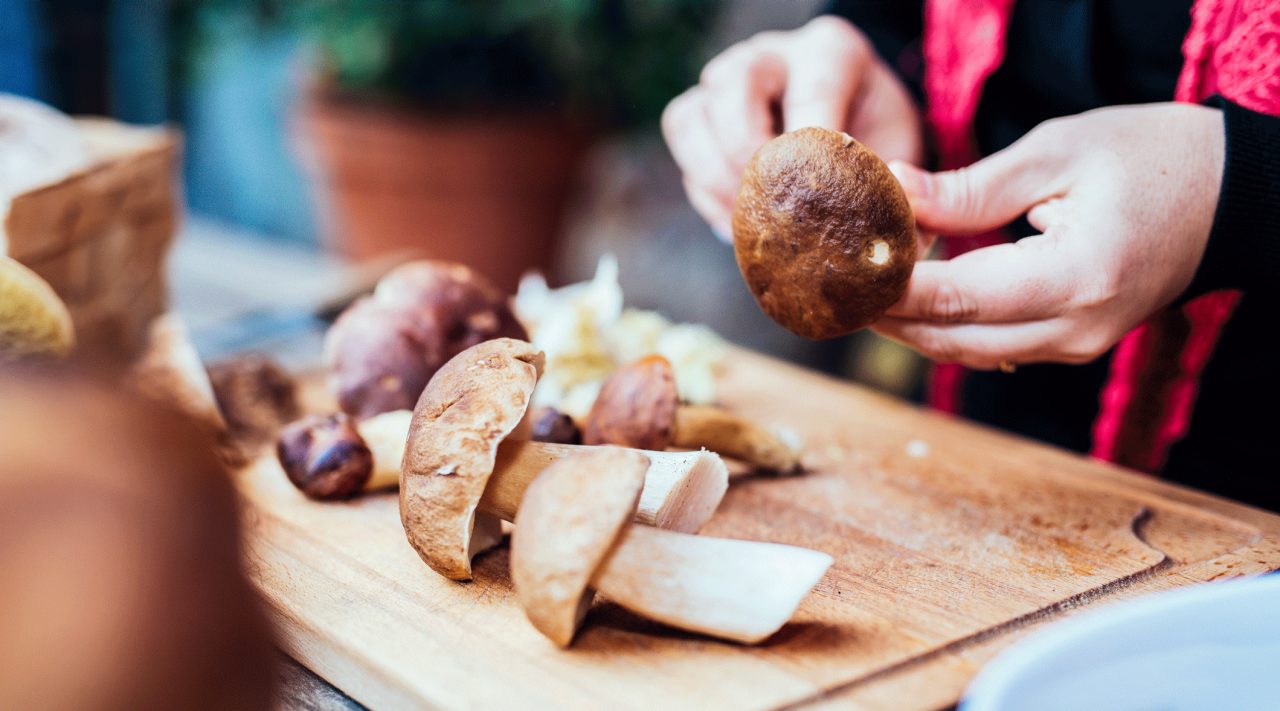How Mushrooms May Fight Depression

Researchers are zeroing in on how mushrooms may fight depression. But you'll want to avoid your home-grown button mushrooms — they contain psilocybin.
Psilocybin, the ingredient in certain mushrooms that triggers hallucinations, became a restricted Schedule 1 drug in 1970. The official position was that it had no medical purpose and carried a big risk of abuse.
But science suggests that both ideas are wrong.
YOU MIGHT ALSO LIKE: Physical Symptoms of Depression
A little history helps: psilocybin was isolated as part of a search for a faster-acting alternative to the hallucinogen Lysergic Acid Diethylamide, or LSD, which had been developed as a psychiatric drug. An LSD trip lasts from eight to 12 hours, a magic mushroom trip half that long.
Many species of mushrooms contain psilocybin. Archeologists have seen evidence of ceremonial mushroom use among the Mayans and Aztecs, and in those areas the conquering Spanish later forbade its use.
During a trip, colors are brighter and your sense of time changes. You might laugh a lot or become philosophical. You might imagine that you can see sounds.
You also could become nauseated, dizzy, paranoid, or fly into a panic. People do not die from overdoses though they could die from actions they take while under the influence.
Research from the 1950s through 1970 had suggested that hallucinogens could relieve psychiatric problems. The 1970 decision cut short much of that research. Besides, LSD and psilocybin, candidate drugs included ketamine, MDMA, and ibogaine.
In the last decade, a new set of small studies has made the case that psilocybin may help lift the worst cases of treatment-resistant depression.
Scientists don’t know precisely how mushrooms may fight depression, but that is true for other anti-depressants. And there is a big need for new options, since large numbers of depressed people don’t get relief from the usual medications.
Like ketamine, a mild hallucinogen that has helped depressed people, psilocybin may provide a kind of reboot to the brain. It stimulates a receptor for one form of serotonin, as do standard anti-depressants. Psilocybin, however, may be effective in a single dose.
At Johns Hopkins in Baltimore, researchers have reported good results with patients facing terminal cancers, who often become highly anxious and depressed. A Johns Hopkins team hopes that psilocybin will become a Schedule IV drug, the category that includes sleeping pills.
Psilocybin is not especially addictive: In experiments that give rats psilocybin when they push a lever, they don’t keep pushing the way they do for cocaine, alcohol, or heroin. Also, people who have taken mushrooms recreationally say that they only do it a few times.
One company, Compass Pathways, won fast-track status from the U.S. Food and Drug Administration to test psilocybin for treatment-resistant depression, in the largest clinical trial for this purpose so far. Psilocybin is a natural substance, but Compass has patented its production process.
Meanwhile, techies in Silicon Valley have been taking micro-doses to boost their alertness, as an alternative to coffee.
Following the success of movements to decriminalize marijuana, in Denver, voters narrowly passed a measure that discourages police from enforcing state and federal laws against magic mushrooms. A ballot initiative in Oregon, if it passes during the 2020 Presidential election, would create a network of licensed psilocybin therapists. A small group in British Columbia, Canada, is pushing the national system to allow mushrooms for terminal patients.
Updated:
August 05, 2020
Reviewed By:
Janet O’Dell, RN